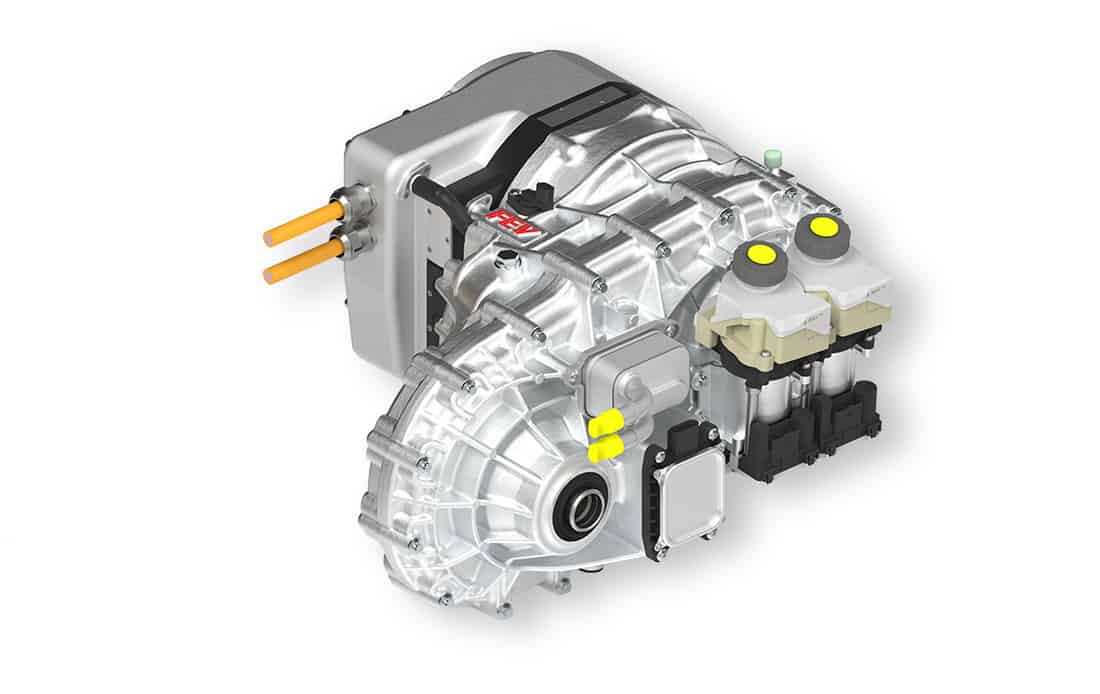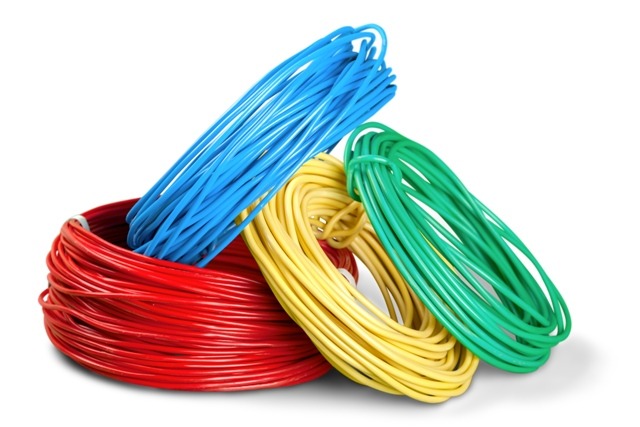In the rapidly evolving field of electronics, it’s crucial to have a solid grasp of electrical components and materials. These elements are the building blocks that enable the creation and functioning of complex electronic systems. Whether you’re an engineer, a student, or an enthusiast, understanding these basic components can be incredibly beneficial.
Common Electrical Components
Get more information from Portlandia Electric Supply .
At the heart of any electronic device are several key electrical components that perform specific functions to ensure the device operates effectively:
- Resistors: Control the amount of current flowing through a circuit.
- Capacitors: Store and release electrical energy when needed.
- Inductors: Store energy in a magnetic field when electrical current flows through them.
- Diodes: Allow current to flow in one direction while blocking it in the opposite direction.
- Transistors: Act as switches or amplifiers in a circuit.
Specialized Materials in Electrical Engineering
Alongside components, various materials are crucial for the construction and performance of electronic devices. Here are some commonly used materials:
- Conductors: Typically metals like copper and aluminum that allow electrical current to flow easily.
- Insulators: Materials such as rubber and glass that prevent electrical current from passing through.
- Semiconductors: Elements like silicon that have properties between conductors and insulators, essential for producing transistors and diodes.
- Dielectrics: Materials that don’t conduct electricity but can support an electrostatic field, used in capacitors and other applications.
FAQs on Electrical Components and Materials
What is the importance of resistors in a circuit?
Resistors are crucial because they control the flow of electrical current within a circuit, ensuring that other components receive the appropriate voltage and current.
Why are semiconductors so important in modern electronics?
Semiconductors are vital because they form the foundation of modern electronic devices, including transistors, diodes, and integrated circuits (ICs), thereby enabling the creation of compact, efficient, and powerful electronic systems.
What role do capacitors play in electronic devices?
Capacitors store and release electrical energy as needed, helping to smooth out electrical supply fluctuations and providing the necessary power for various components within a circuit.
How do inductors work in electrical circuits?
Inductors store energy in the form of a magnetic field when electrical current flows through them, making them essential for applications like filtering, tuning, and energy storage.
Conclusion
Understanding the various electrical components and materials that make up electronic devices is essential for anyone involved in the field of electronics. With this knowledge, you can better design, analyze, and troubleshoot electronic systems, leading to more efficient and innovative creations.




